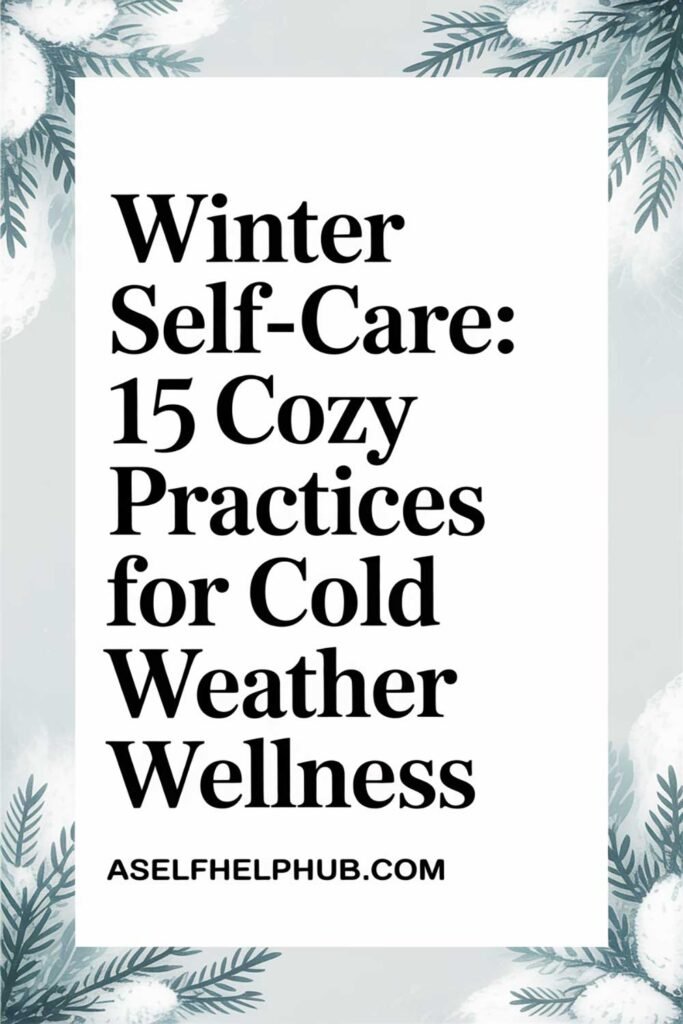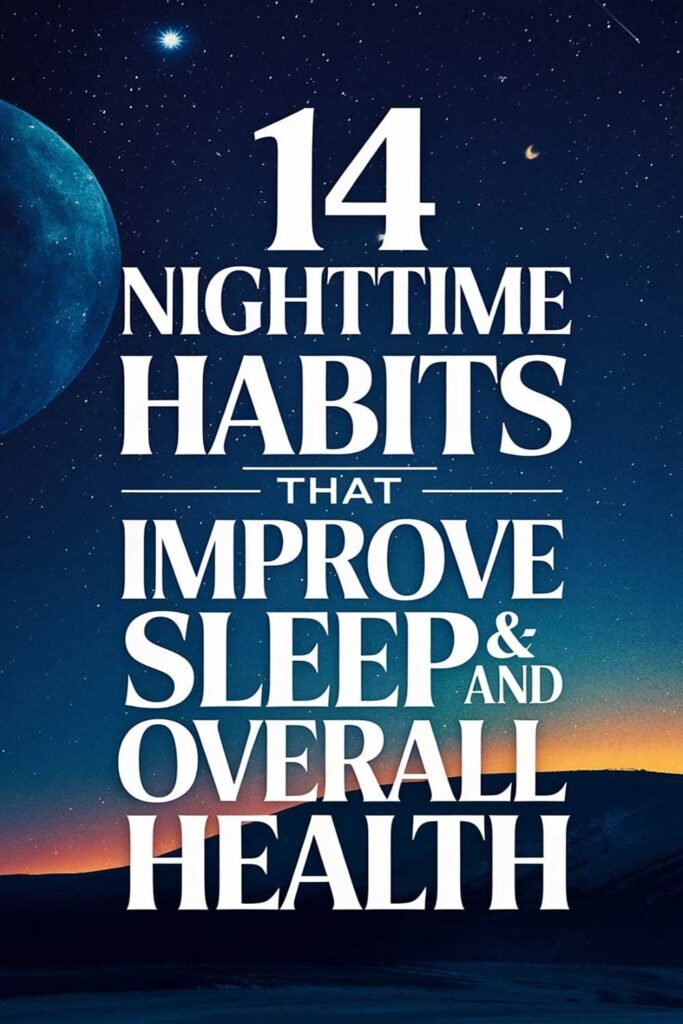9 Foods That Naturally Fight Depression and Anxiety
What you eat can have a powerful effect on your mental well-being. While therapy and medication are essential tools for many, certain foods have been scientifically shown to help ease symptoms of depression and anxiety. These natural mood boosters are packed with nutrients that support brain health, balance neurotransmitters, and reduce inflammation. Here are 9 of the most effective foods you can add to your daily diet to naturally support a calmer, happier mind.

1. Fatty Fish (Salmon, Sardines, Mackerel)
Fatty fish are rich in omega-3 fatty acids, especially EPA and DHA, which are crucial for brain health and mood regulation.
Real-life example: Jennifer started eating grilled salmon three times a week after feeling emotionally drained. Within a month, she noticed her moods became more stable and her energy returned.
Bonus: Omega-3s may improve serotonin and dopamine levels—two chemicals directly linked to mood.
2. Dark Leafy Greens (Spinach, Kale, Swiss Chard)
These greens are loaded with folate, magnesium, and vitamin C—nutrients that combat stress and support the nervous system.
Real-life example: Marcus, who struggled with anxiety, began adding spinach to his morning smoothies. He found it helped him feel more grounded and less reactive.
Tip: Add greens to eggs, soups, and wraps for a fiber and nutrient boost.
3. Berries (Blueberries, Strawberries, Raspberries)
Rich in antioxidants, berries help fight inflammation and oxidative stress in the brain—both linked to mood disorders.
Real-life example: Sarah replaced her nightly dessert with a bowl of mixed berries and Greek yogurt. Over time, she noticed fewer mood swings and better sleep.
Pro Tip: Keep frozen berries on hand for smoothies and quick snacks.
4. Nuts and Seeds (Almonds, Walnuts, Chia, Flax)
These are great sources of magnesium, selenium, and healthy fats that support serotonin production.
Real-life example: Tom started carrying a bag of mixed nuts to work. Snacking on them instead of sugary treats improved his concentration and reduced afternoon anxiety.
Suggestion: Sprinkle flax or chia seeds into oatmeal or smoothies for added brain fuel.
5. Fermented Foods (Yogurt, Kimchi, Sauerkraut, Kefir)
Fermented foods promote a healthy gut microbiome, which plays a key role in mood regulation and anxiety control.
Real-life example: Carla added a serving of kefir to her breakfast routine. Her digestion improved, and she felt less bloated and mentally foggy.
Gut-Brain Connection: A healthier gut = a happier mind.
6. Avocados
Avocados are packed with B vitamins and monounsaturated fats that support neurotransmitter function and lower stress levels.
Real-life example: Eric began eating half an avocado daily with toast or salad. He noticed a calmer mood and better focus within a few weeks.
Nutrition Tip: Combine avocado with eggs for a powerful brain-boosting breakfast.
7. Dark Chocolate (70% Cocoa or Higher)
Dark chocolate contains flavonoids, caffeine, and theobromine, all of which enhance mood and alertness.
Real-life example: Amelia started having a small square of dark chocolate in the afternoon instead of coffee. She reported feeling more uplifted and less jittery.
Reminder: Keep portions small and choose high-cacao, low-sugar varieties.
8. Bananas
Bananas are rich in vitamin B6 and tryptophan, a precursor to serotonin, the “feel-good” hormone.
Real-life example: Jacob added a banana to his morning smoothie. His mood swings lessened, and he felt less anxious before meetings.
Easy Hack: Pair a banana with a spoonful of almond butter for a balanced snack.
9. Whole Grains (Oats, Quinoa, Brown Rice)
Whole grains help regulate blood sugar levels and provide a steady release of energy, preventing mood crashes.
Real-life example: Monica replaced white rice with quinoa in her meals. She felt more stable throughout the day and reduced her sugar cravings.
Pro Tip: Start your day with steel-cut oats topped with berries and nuts for a triple mood-boosting breakfast.
🌟 20 Uplifting Quotes About Mental Health and Food
“Let food be thy medicine and medicine be thy food.” — Hippocrates
“A healthy outside starts from the inside.” — Robert Urich
“What we eat can affect how we feel. Choose wisely.” — Unknown
“Your body hears everything your mind says. Nourish both.” — Naomi Judd
“To eat is a necessity, but to eat intelligently is an art.” — La Rochefoucauld
“Food is fuel, not therapy. But sometimes, it’s both.” — Unknown
“A well-fed brain is a happy brain.” — Anonymous
“Every time you eat or drink, you’re either feeding disease or fighting it.” — Heather Morgan
“Good food ends with good talk.” — Geoffrey Neighor
“Eat well, feel better.” — Unknown
“You are what you eat, so don’t be fast, cheap, easy, or fake.” — Unknown
“Your diet is a bank account. Good choices are good investments.” — Bethenny Frankel
“Nourishing your body is an act of self-respect.” — Unknown
“The secret of health lies in respecting your gut.” — Unknown
“Food can either be the safest form of medicine or the slowest form of poison.” — Ann Wigmore
“Happiness is homemade… and often starts in the kitchen.” — Unknown
“The food you eat can elevate your mood and empower your mind.” — Unknown
“Eating well is a form of self-love.” — Anonymous
“Mental health begins with your fork.” — Dr. Mark Hyman
“Healthy food equals healthy mood.” — Unknown
📸 Picture This
Imagine waking up with a clearer mind, calmer mood, and steady energy throughout your day. You prepare a bowl of oats with blueberries and chia seeds, sip on kefir, and feel empowered knowing you’re actively nourishing your mental health. Your meals become more than just fuel—they’re tools of healing, strength, and support. Each bite is a small act of self-care, building a stronger, more balanced you from the inside out.
Which mood-boosting food will you try first?
💜 Please Share This Article
If this article inspired you or helped you discover new ways to nourish your mind and body, please share it with someone who might benefit. A healthier, happier life can start with one small change.
⚠️ Disclaimer
This article is based on general nutritional information and personal experiences. It is not intended to replace medical or mental health advice. Always consult a qualified healthcare provider before making any dietary or health-related changes.






